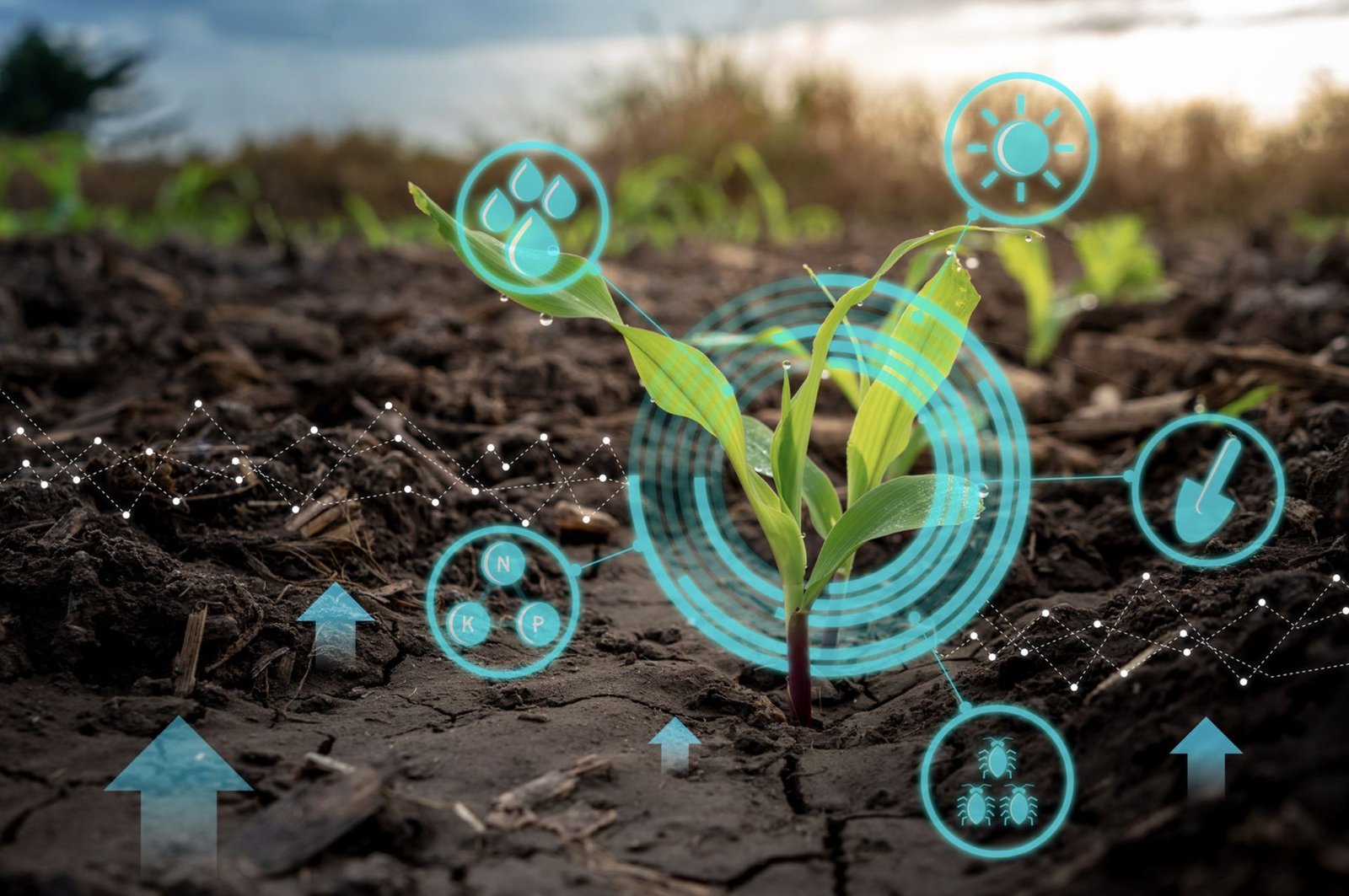Monday, 23 February 2026

Over 56 nations gather at virtual ISSCA-RIS conference to elevate homegrown innovations for climate-resilient agriculture
In a landmark display of South-South solidarity, more than 56 countries convened virtually for a high-level forum on Strengthening Agricultural Resilience, underscoring a collective commitment to tackling climate stress, soil degradation, market volatility, and food insecurity. Unlike many global conferences that focus on aid and imports, this gathering put the spotlight on solutions developed in the South, for the South—solutions ready to be shared, scaled, and adapted across similar geographies and economic realities.
Jointly hosted by the ICRISAT Centre of Excellence for South-South Cooperation in Agriculture (ISSCA) and DAKSHIN – the Global South Centre of Excellence at RIS, the event marked a critical step in advancing India’s Development and Knowledge Sharing Initiative. The forum brought together global leaders in agricultural research and policy, including Professor Sachin Chaturvedi, Director General of RIS, and Dr Himanshu Pathak, Director General of ICRISAT, alongside scientists, farmer organizations, and development institutions. Together, they showcased field-tested, scalable solutions capable of transforming agriculture in the Global South.
Dr Pathak emphasized that resilience lies within the South’s own innovation systems. “Countries facing similar climates and economic realities are uniquely positioned to share practical, resilient solutions with one another. What we need now is the confidence and systems to scale this cooperation so that local successes become global progress. The Green Revolution’s greatest lesson was not the science alone, but how nations like India, Mexico, and the Philippines adapted and transformed those ideas for their people and landscapes,” he said.
Central to the conference was the ISSCA Knowledge Portal, launched in June 2025, which already features more than 85 curated, science-backed innovations across agriculture, from natural resource management and crop improvement to livestock, digital tools, and market systems. The portal is designed as a dynamic resource hub to match innovations with specific geographies, crops, and climate challenges, allowing solutions to be replicated where they are most needed.
By the end of the forum, participants had reaffirmed ISSCA’s role as a neutral platform to amplify Southern-led innovation. Commitments were made to pilot South-South collaborations across diverse agroecological zones, and new expressions of interest emerged from countries seeking to join ISSCA’s regional hubs in Africa and Latin America. The overarching message was clear: resilience cannot be built in isolation. It must come through shared knowledge, bold partnerships, and trust in the innovations the Global South already holds.
As ISSCA carries these outcomes into upcoming policy forums and continues to expand its knowledge portal, the initiative strengthens its mission to connect innovation with impact, positioning the Global South not as a passive recipient of technology, but as a lighthouse of agricultural resilience for the developing world.